I think the Fed screwed up by allowing zero interest rates to go on too long
Sam Zell sums things up.
“I think the Fed screwed up by allowing zero interest rates to go on too long, I think we are just beginning to pay the price for that. It would be nice to say that it would be great if the Fed got lucky. I’ve been around for 50 years and I’ve never seen the Fed get lucky.”
Seems to me we already have plenty of rules and regulations - it’s just that bank regulators like the Federal Reserve do a terrible job. From the FT comments:
Don’t forget that in September 2021, Jerome Powell and his 30,000 or so Fed apparatchiks told us - with a straight face - that CPI would be 2.2% in 2022 and 2.1% in 2023.
“I don’t think that households are going to, you know, notice a couple of tenths of an overshoot."
Now those same people are gonna supervise the climate!
Someone on one of George Noble’s spaces back in December said:
"People live on price levels, not on rate of change."
Russia’s CPI is now 3.5% YOY, due to “base” effects.
First Republic Bank is now a meme stock.
[First Republic] bank has been exploring various options that might restore some stability, including a sale, but Wedbush Securities said in a note Monday that First Republic faces a "Hobson's choice in which it essentially has no other choice than to move forward as a standalone company" due to the amount of unrealized losses on its balance sheet. Even a sale at $0 a share is unlikely, Wedbush said, because any buyer would still essentially have to pay billions to absorb those losses.
“The income from ETFs has become a pillar for the BOJ, substituting paltry incomes from JGBs with low coupons,” said Sayuri Kawamura, chief economist at think tank Japan Research Institute. “But that’s possible only when stock prices are firm,” she said. “If share prices tumble, the BOJ could suffer losses.”
[Joe Pesci voice] Let me understand this ‘cause, ya know, maybe it's me, but the headline is:
The BOJ Is Collecting Tens Of Billions In Dividends From ETFs It Owns.
Wow, tens of billions. You know what’s never asked or mentioned, though?
Where does the Bank of Japan get the Yen to buy these ETF’s?
T-Shirt sales? Telethons?
No! They create yen out of nothingness, and use those fun coupons to buy real assets. The Swiss are masters of this, as is the Fed, although they mostly stick to stodgy underwater bonds.
If I was gifted with the power to create U.S. digital currency, I’d buy dividend-paying ETF’s too, because - why not? If I created a trillion dollars, bought some ETF’s, and the ETF’s paid 5% - bingo, I’ve got $50 billion a year extra to blow on Rolexes and Teslas (Central Banks are untaxed, right? Just like us!).
But why not skip the ETF part and just create 100 trillion a year?
Heck - why not create enough Yen (or dollars) to buy every single asset on Earth?
If people will accept yen (or dollars) Ad infinitum, as they seem to - and you can create them without limit, on a whim - why not go really big?
By the time people figure out the scam (they haven’t so far,) you’ll own tens of trillions of real assets and can buy your own country to run. Maybe even get a large private police force, like the Federal Reserve.
It’s all bonkers Alice in Wonderland-type stuff, yet it’s accepted as completely normal.
Chick-fil-A Nearing $19 Billion in Sales: Drive-thru locations are averaging more than $8.5 million per unit.
Average cars in line: Chick-fil-A, 5.45; McDonald’s, 3.13; Wendy’s, 2.67; Arby’s, 2.28; Burger King, 2.19; Taco Bell, 2.17; Dunkin’, 2.11; KFC, 1.8; Hardee’s, 1.64; and Carl’s Jr. 1.63.
Average total time by cars in line: “Chick-fil-A was moving people quicker than anybody else.”
1. Chick-fil-A: 107.41 (seconds)
2. McDonald's: 118
3. Taco Bell: 127.58
4. Arby's: 139.92
5. Dunkin': 140.21
6. Wendy's: 141.67
7. Burger King: 147.43
8. KFC: 142.84
9. Hardee's: 180.21
10. Carl's Jr. 193.6
What’s the Real Situation with CRE and Banks: Doom Loop or Headline Hype?
Figure 1 illustrates the CRE lending pie in the US. Overall, banks are the largest lender, accounting for 38.6% of lending. However, the 135 US regional banks (generally considered as those with about $10 billion to $160 billion in assets) hold just 13.8% of debt on income-producing properties. The top 25 largest banks, which the Federal Reserve (Fed) considers “large”, hold 12.1%. The 829 community banks (with $1 billion to $10 billion of assets) hold 9.6%, and the remaining 3.2% is spread among the 3,726 very small local banks with less than $1 billion in assets.
Dave Kranzler (Hi Dave!) with John Titus: How We Can See The Banking Crisis Isn't Over
I’ve listened to a few podcasts with Titus and I find him thought provoking.
There was a really good, short podcast with John Titus and Robert F. Kennedy Jr. in September 2022, on the corruption of our legal system by the likes of the BIS, Ben Bernanke, and Tim Geithner in the HSBC case.
Large financial institution executives are immune from prosecution.
Whitney Webb also did an interview with John Titus back in April 2022.
I was particularly struck at the time by a question John Titus posed - who is the REAL power in a nation?
In the U.S., the "TBTF" banksters can create money and they are immune from prosecution.
It's true - no one was even investigated after 2008. Obama & Holder saw to that. They are immune.
There is great freedom in realizing that corporatism is bipartisan. It frees you from the squabbles of the cable news syndicate, it frees you from the ideological bickering over who gets control of the American oligarchy…
Saagar Enjeti, reviewing Matthew Stoller’s book, Goliath
Big investors have virtually disappeared from the [single family home] market - down almost 80%. We reviewed 581,000 transactions in the largest U.S. markets in Q4 2022 and Q4 2021. Surprisingly, investors who own 10-999 homes have slowed less. We know many of them, who are not "market timers."
Houston Apartment Owner Loses 3,200 Units to Foreclosure as Multifamily Feels the Heat Applesway Investment Group borrowed nearly $230 million to buy the buildings with more than 3,200 units as part of a Texas buying spree during the pandemic. Arbor Realty Trust, a publicly traded mortgage company, foreclosed on the properties after Applesway defaulted on the loans…Landlords have benefited from surging apartment rents and cheap debt in recent years, which pushed property values to record highs…Applesway was typical of commercial-property investors who saw big profits in the prospect of acquiring moderately priced buildings and raising rents
I had a very long thread (now largely demolished, thanks to Elon’s minions) on big, connected investors (think Stephen Schwarzman, Tom Barrack and Barry Sternlicht) coming in post-GFC with funding much cheaper than you could get, overbidding and absolutely ruining the housing and rental markets for non-millionaires, in hopes of massively jacking up rents.
Now these big investors are back crying on CNBS about higher rates. Easy come, easy go, guys.
Arbor initiated the foreclosure on March 13 after Applesway defaulted on its mortgage payments. The properties went to auction on April 4, but no bids were made, according to sources familiar with the foreclosure. Arbor initiated a credit bid, in which the lender can use the outstanding debt owed on a property as collateral for their bid at a foreclosure auction, for each property. That allows the lender to bid without bringing cash to the table.
So I thought I’d check out who Applesway Investment Group was, and got this:
OK, well, Archive.org is still out there so here you go:
Some interesting related comments from an experienced apartment owner (assuming he’s honest):
Apartment owner here with multiple decades of experience primarily in housing for low income elderly and individuals with disabilities. What we are finally seeing in the MFH space is the end of the speculative purchasing of properties with valuations that were based off of an unrealistic pro forma put together by the sales brokers. I’ve been looking to purchase additional properties for the past couple of years, but every single deal ended up being so far from reality that I didn’t even make an offer.
What I’ve noticed and have been monitoring is each offer memorandum basically says that the market rent is something like 5-7% off the current rents, that despite how many units are vacant (usually a lot) the pro forma uses the standard 5% vacancy rate, and the expenses have been lower than what is historically expected.
My first thought is if the current rents are below market rents, why aren’t you charging market rents? Oh… that’s right… because the current rents are the current market rents. As for the industry standard 5% vacancy rates on the pro forma; it’s possible, but depending on the type of complex, it could be way off (especially if you plan on jacking up rents).
For example, I looked at a property that had three story buildings with one bedrooms on the third floor and no elevators. From experience, I know that those units will be impossible to rent unless the rent is really cheap and usually those units get pretty beaten up and have a ton of turnover. Basically, you have to remove those units from your pro forma because the income usually gets wiped out from the expenses.
Lastly, the low expenses than what is historically possible is a huge problem. This one is probably rearing it’s ugly head for anyone who has recently purchased a project in the last couple of years, and it’s called deferred maintenance. All this speculation with MFH complexes being bought and sold numerous times over the past decade without taking this into consideration has left the most recent purchaser in a bad spot. These purchasers are facing massive capital expenditures that will come in the form of countless failures with no way to pay. And it can become a death spiral. If you don’t have the cash flow to fix up the units, you can’t get the rents you’re looking for because your place looks run down. Hell, sometimes you don’t even have enough money to fix up the units to pass the occupancy inspection so that unit just sits vacant.
Most of these recent deals were made under an already extremely tight cash flow projection which is likely proving to be vastly incorrect (I.e. negative cash flow). The lenders are going to be stuck with assets on their books at values way above the current market values and will be forced by the regulators to write down the values and take losses. The market value of these projects will be much lower because of all of this deferred maintenance and the fact that higher rates lead to lower valuations just due to the mechanics of how valuations are calculated. Also, since we’re in a tighter credit market and the speculation is mostly gone, the only buyers will be conservative in their valuations. The lenders are screwed. It’s going to get real ugly, especially since commercial real estate is also failing.
In the face of rising headwinds in the office market, Blackstone has unloaded two 13-story buildings in Southern California at a big discount. A joint venture between Barker Pacific Group (BPG) and Kingsbarn Realty Capital paid $82 million, or $146 per square foot, for the Griffin Towers office park with 560,000 square feet of Class A office space in Santa Ana, Calif., in Orange County. That’s 36 percent less than the price Blackstone paid to acquire the site nine years ago.
Oakland Council Members Propose Phasing Out Eviction Moratorium by September
There’s never a moratorium on paying property taxes.
"It needs to get phased out now -- tomorrow -- not over a period of time," said John Williams, an Oakland resident and landlord. Williams said he lives in the same West Oakland property where he also has a tenant. "I still haven’t gotten five dollars from her,” Williams said of his tenant, who he added has not paid him rent since the start of the pandemic…Williams said his tenant's nonpayment has placed a significant financial strain on him. He said he received a foreclosure letter for his property on Friday. "I am losing money, I’ve lost value on the property, you know," Williams said, "Over the last year, nobody wants to buy a property with a tenant who doesn’t pay."
I thought real estate had a bad year in 2022?
CBRE Awards CEO Special Grant Pushing Pay to $25.9 Million
CBRE CEO Bob Sulentic earned more than $25.9 million in total compensation last year as part of a pay package recognizing what the world's largest commercial real estate brokerage called "solid financial performance"
Lots of insider selling too. No buying.
If you watch anything on Hulu, you get Stitch Fix ads. Funny story…
Point/Counterpoint on Tesla’s Supercharger network:
charging network (Electrify America is a joke compared to the Superchargers, a network that has become substantially better over the past few years)
“Superchargers, a network that has become substantially better over the past few years” Not noticeable. On a multi-day drive across the country , North to South and South to North more or less along the coast, so no fly-over country driving, Teslas are seen only around large cities, going slow on the highway until they go extinct at around 50 – 70 away miles from a large city. Was passed by one fast – driving Tesla on the highway, in 30 miles I passed it parked on the shoulder
This is amusing. One of people on Silicon Valley Bank’s Board of Directors who screwed U.S. taxpayers is Kate Mitchell:
I’m sure there’s no connection between the taxpayer bailout of SVB’s billionaire depositors and the 97% donations thing, right Janet?
With all the A.I. hype lately, I kinda like this take:
I’ve mentioned many times that I do not think technology is advancing in a serious way. By “a serious way” I mean something like what happened between 1820 and 1970. That kind of progress is apparently over. What we have now in the way of technology is 1970s DARPA funded technology made available to the masses and leavened with javascript. Also atrocities like electric cars, and frippery like my car using radar to make up for having shitty visibility. Against all evidence, all historical perspective: we still have people trying to sell us the idea that… right around the corner … is some kind of miraculous new thing which will increase human power over nature and fuel the next burst in economic productivity. In the 1990s and early 2000s it was supposed to be nanotech. Nanotech has finally been laughed out of existence among serious people as an actual technology; even its inventor seems to have abandoned it. Allegedly serious people in the mid-late 2010s thought “AI” was just around the corner. After all, deep neural nets were able to identify human-cropped German traffic signs slightly better than K-nearest neighbors, and slightly better than (apparently astigmatic) humans. As a result of this and some improvements in GPS, my car is now able to tell me, with perhaps 90% accuracy, what the traffic signs I can see with my own eyeballs say.
We’re again going through such a mass hysteria, with featherheads thinking LLMs [Large Language Models] are sentient because they’re more interesting to talk to than their redditor friends. The contemporary LLMs being a sort of language model of the ultimate redditor. People think this despite the fact that since the 2010-2015 AI flip out which everyone has already forgotten about, there hasn’t been a single new profitable company whose business depends on “AI.” It’s been over 10 years now: if “AI” were so all fired useful, there would be more examples of it being used profitably. So far, the profits all go to data centers, NVIDIA, and nerds who know how to use PyTorch. A decade after they invented the airplane there was an entire industry of aircraft manufacturers, and they were being used productively in all kinds of places. You’d figure if “AI” were important, it would be used profitably by a single solitary AI oriented firm somewhere. As far as I can tell, it’s only used to goof off at work.







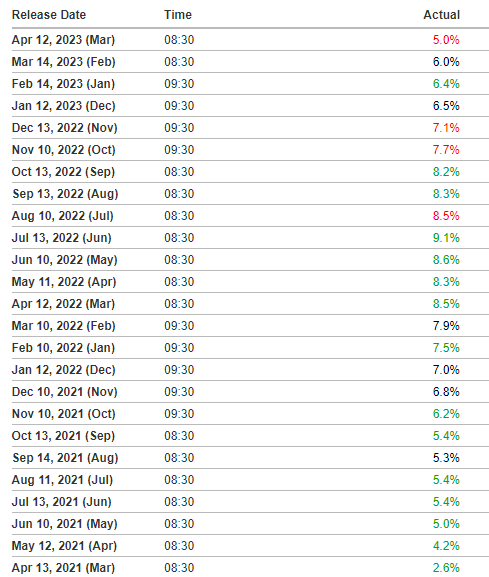
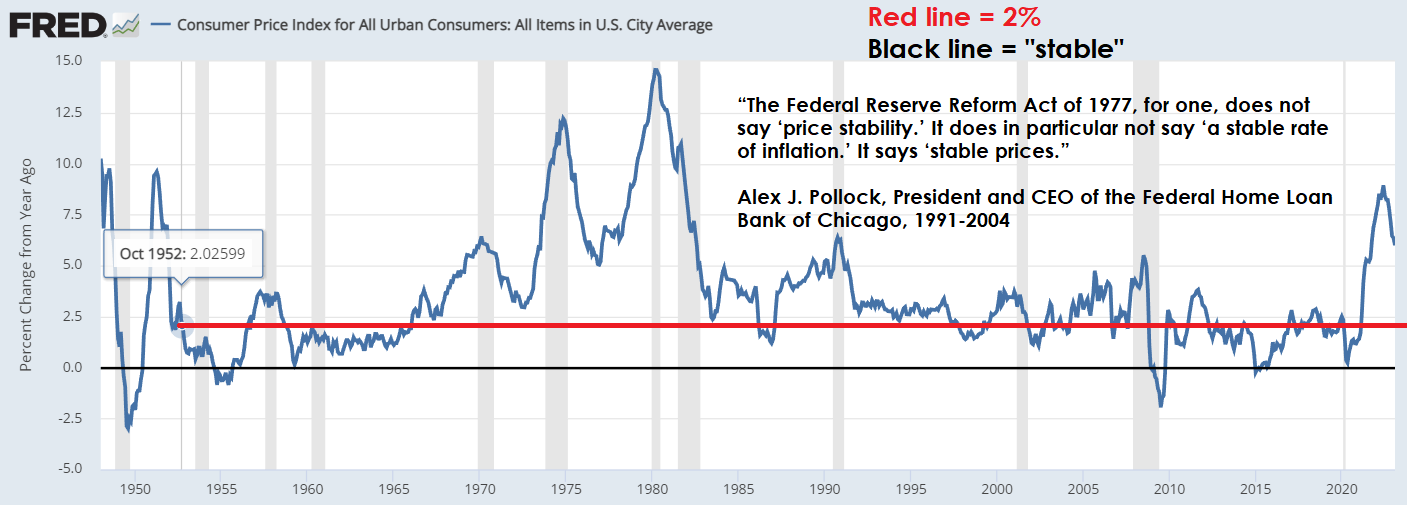
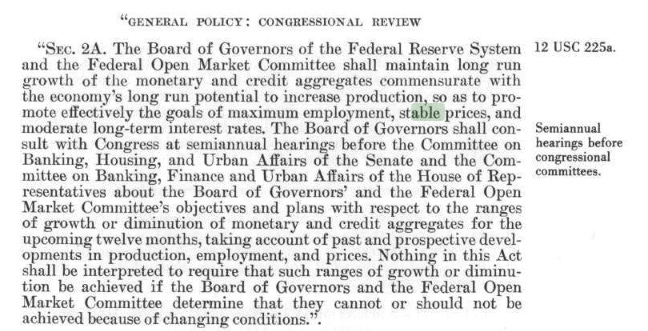

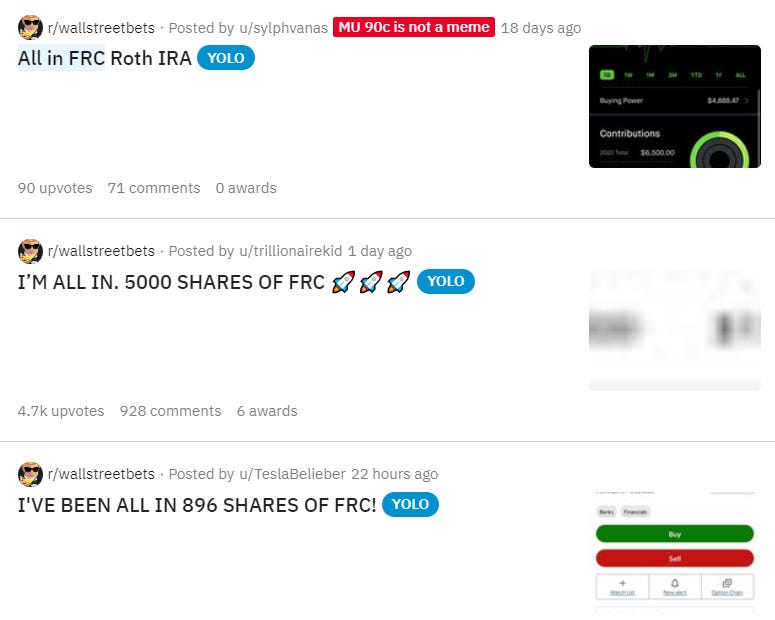

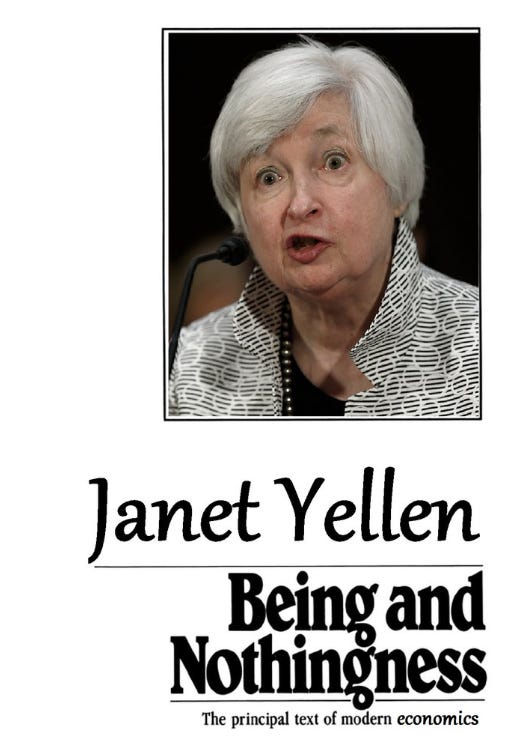

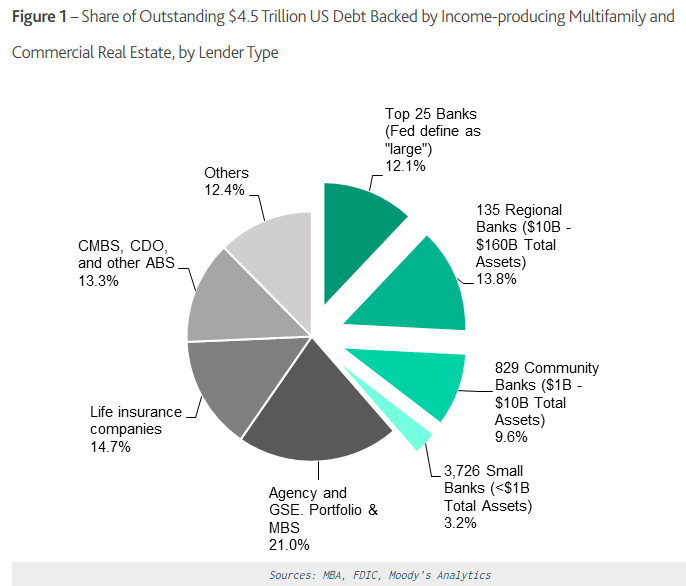
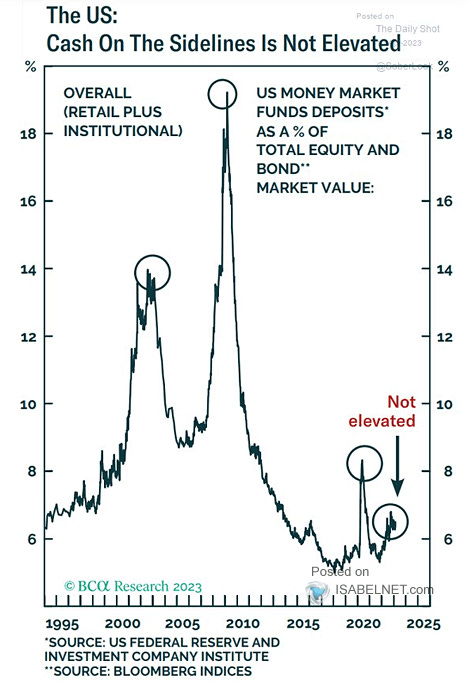



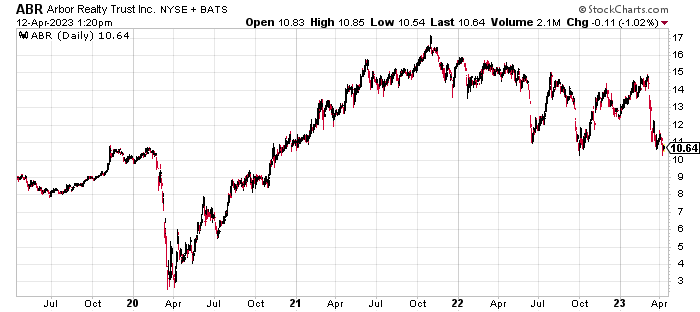

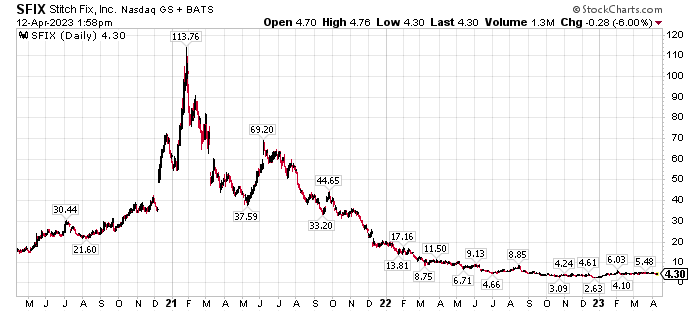
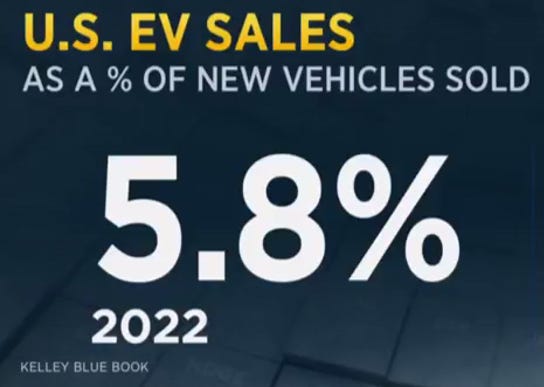
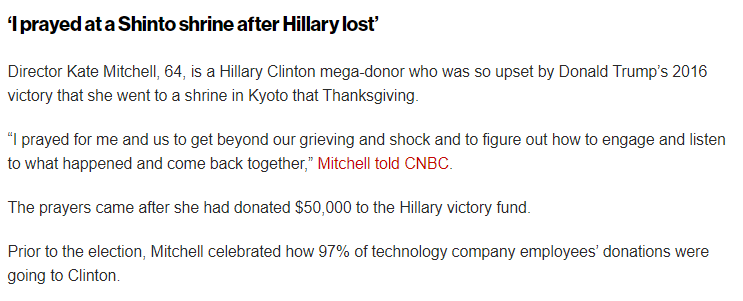

When we bailed out the autos in 2008 it sealed the fate of the thousands of tinkerers in garages across the country who would never get a chance to unleash their creativity. Better safety and other bells and whistles, but the vehicle is still doing the same thing it did 100 years ago no matter what Elon says is possible.
Taki was right about the lack of real technological advancement and while it's normal to blame education and a variety of other straw men, the ultimate culprit is the cancellation of creative destruction within the soul of capitalism. Replacing it with a protected corporate class only brings stagnation, atrophy and ruin...
"It’s all bonkers Alice in Wonderland-type stuff, yet it’s accepted as completely normal."
Are you asleep then?
Japan is a freakish exception to the money printing illusion because their culture preaches very conservative low private debt (especially in households). The more the government prints, the more reserved households become. Japan also has a dwindling population stifling growth. Not to mention the young men in love with their AI girls and anime body pillows - precluding any hope of a real human relationship or children.
MMT has blown up spectacularly in America, EU, England, Australia. It's amazing how they all engage in pofligate helicopter spending and inflation explodes at the same time, achieving what zero rates and QE could not. The Swiss are crafty i.e. They craft actual real goods so their CHF is worth something. Print a little, be cheeky just like putting back in the vodka bottle.